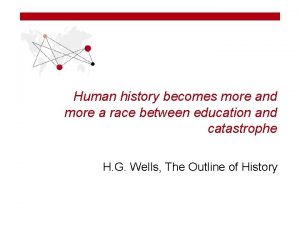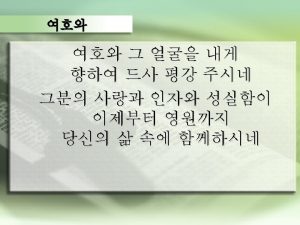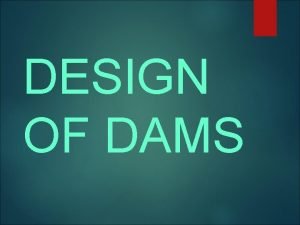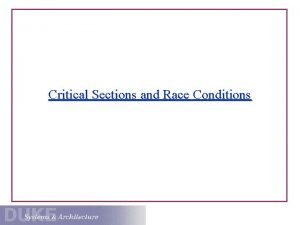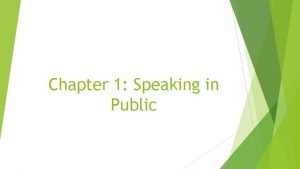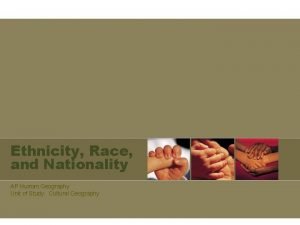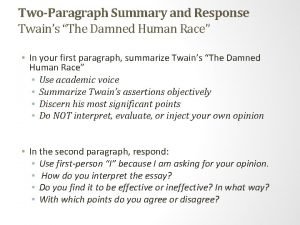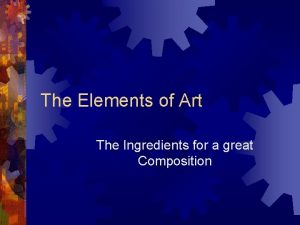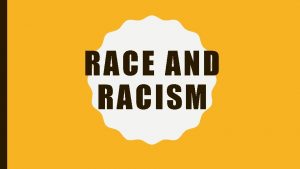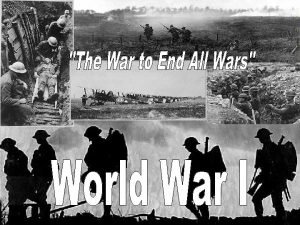Human history becomes more and more a race

Human history becomes more and more a race between education and catastrophe H. G. Wells, The Outline of History

Higher Education in Developing Countries: Peril and Promise The Task Force on Higher Education and Society

Central questions • What is the role of higher education in supporting and enhancing the process of economic and social development? • What are the major obstacles that higher education faces in developing countries? • How can these obstacles best be overcome?

Five areas of inquiry • • • the public interest systems of higher education governance science and technology general education curricula

Longstanding problems • • funding faculty quality student conditions and preparedness curriculum teaching methods research capacity vision

New realities • • rapidly changing world increasing use of information technology growing income inequality knowledge capital replacing physical capital as source of wealth • higher education becoming more important and in greater demand • resulting expansion: rapid, chaotic, and unplanned

Public interest • high private and social returns • build knowledge capital resource • address topics with long-term value to society • promote equal opportunity • venue for free and open discourse of ideas and values

Government as supervisor • • • deter abuses of private education encourage autonomy ensure coherence and coordination ensure cooperation and openness encourage competition encourage connections to broader economy and society

Governance – some problems • governments often closely involved in running of universities • universities are hostage to changes in political weather • lack of open dialogue about reform • corruption • active student political life

Science now • accelerating pace of scientific progress • link between scientific capacity and economic performance • higher education essential for strong science

Science and the developing world • large and growing scientific gap between developed and developing countries • brain drain • scientific advance and global public goods

General education • develops the whole individual • interactive teaching methods over a broad range of subjects • promotes citizenship, ethics, and ambition • encourages broad-mindedness, critical thinking and communication skills • provides adaptable leaders, and is a good grounding for specialists • contributes to national development

Education is not the filling of a pail, but the lighting of a fire W. B. Yeats
- Slides: 13
